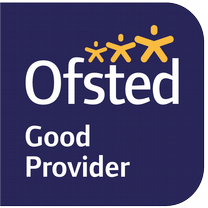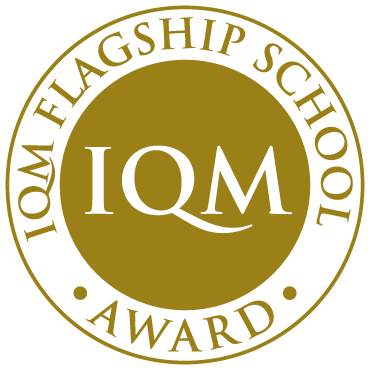Resources to support at home
Here you will find a selection of phonic flashcards and word lists to support your child reading as they progress through the Read Write Inc programme.
Speed Sounds
Green Words
Green words that can be sounded out and blended back together.
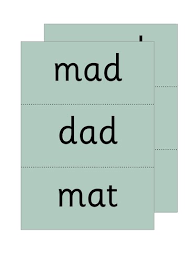
Red words
Red words are tricky and cannot be sounded out. We just need to learn them.
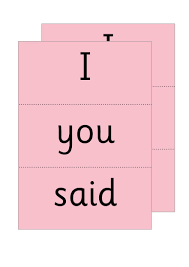
Supporting Reading at home
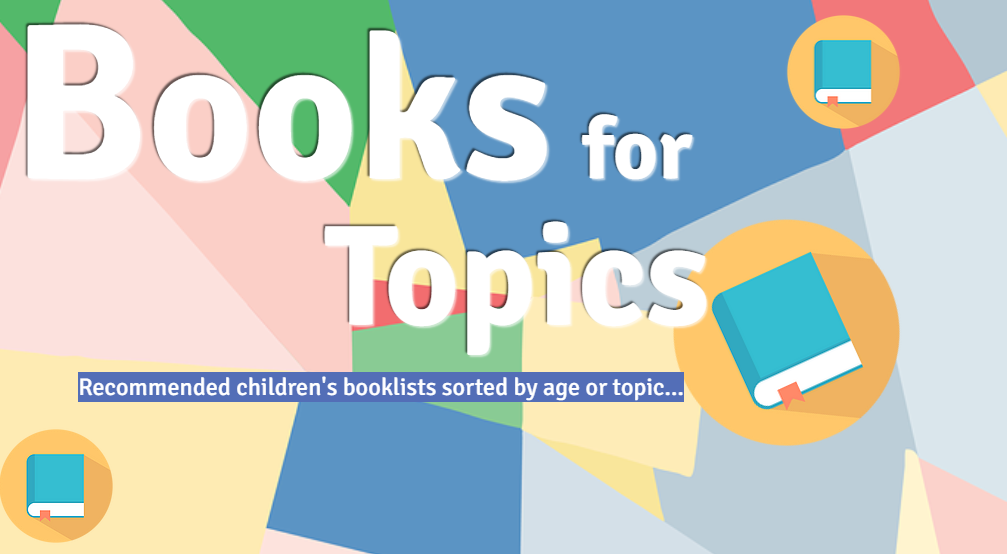
Phonics Parents Information.pdf
Booksfortopics: Reading for Pleasure
Primary Book Lists by Topic (booksfortopics.com)
Best Books for Preschoolers | Ages 3-4 Recommended Reads| BooksForTopics
Best Books for Reception | Ages 4-5 Recommended Reads | BooksForTopics
Best Books for Year 1 | Ages 5-6 Recommended Reads | BooksForTopics
Best Books for Year 2 | Ages 6-7 Recommended Reads | BooksForTopics
Best Books for Year 3 | Ages 7-8 | BooksForTopics
Best Books for Year 4 | Y4 Reading List | BooksForTopics
Best Books for Year 5 | Ages 9-10 | BooksForTopics
Best Books for Year 6 | Ages 10-11 Recommended Reads | BooksForTopics
Phonics
We follow a DfE validated systematic synthetic phonics programme, called Read, Write Inc. This is taught from Reception to year 2. The children are assessed and grouped according to their ability. This enables teaching to be focused to meet their needs very specifically. Through pupil tracking, phonics catch-up also takes place in years 3 and 4 to support those children who still need focused phonics teaching. Towards the end of their time in Nursery, all children are exposed to the RWI phonics programme, looking at the initial sounds. They are prepared for this given the focus on pre-phonics exposure children receive as part of their Nursery provision.
In the Summer Term of Nursery, children are introduced to the Read Write Inc phonics programme and this builds on the previous input from pre-phonics. This programme operates through Reception and Year 1 and is designed to teach children to read accurately and fluently with good comprehension. The children learn to read the 40+ sounds and learn to blend these into words. From the very beginning children experience success.
All children are quickly grouped according to ability and are assessed every four to six weeks. Children who need extra support to meet national expectations are targeted quickly and picked up for additional support. Our aim is to get all the children confident with blending as quickly as possible so they are able to develop that love of reading from an early age. We ensure the whole school is familiar with the RWI systems and routines and with the crucial phonic knowledge in order to support readers across the school.
We firmly believe that it is the teacher’s job to teach the children how to read but we ask our parent community to support their children with practising this skill at home. Pupils take home a book each week which mirrors the phonic teaching they have had during the week. This enables the pupil to practice their sounds and blending and build their self- confidence.
At the end of Year 1 all children will participate in a Phonics Screening Check. The Phonics Screening Check is taken individually by all children in Year 1 in England, and is usually taken in June. It is designed to give teachers and parents information on how children are progressing in phonics. It will help us as a school to identify whether your child needs additional support at this stage so that they do not fall behind in this vital early reading skill. There are two sections in this 40-word check and it assesses phonics skills and knowledge learned through Reception and Year 1.
In the Autumn term in year 2, children receive daily phonics lessons to ensure continuity of progression, this takes place in addition to their daily reading lessons. For children who are new to English and arrive in our school in Year 2 or beyond and for those who are yet to meet the standard, phonics continues in Year 2 beyond the Autumn term, with children getting support on a 1:1 basis in addition to their reading and writing lessons.
Reading
At Bush Hill Park Primary School, we have developed a curriculum that encompasses reading at all stages. One of our key curriculum drivers is ‘never a missed reading opportunity’. Therefore, reading does not only sit as a standalone lesson. Evidence shows that confidence and passion for reading is closely linked to future success and positive outcomes. As such, all subject areas seek to weave reading naturally into all curriculum areas and all lessons taught. In addition, we have a range of explicit strategies, including a bespoke curriculum offer to meet the reading needs of the children here at Bush Hill Park Primary School. All children at Bush Hill Park Primary School will leave as fluent readers who have a range of strategies to read and understand unknown words and texts. They will be lifelong readers with high levels of comprehension, understanding and most importantly a love of reading.
Reading sessions are taught daily in all year groups from Reception through to Year 6, with a focus on developing fluency, comprehension skills and importantly a love of reading. Reading at EYFS and KS1 (and for those reading at a KS1 level) is broadly concerned with further developing decoding and fluency skills. Children are also taught basic comprehension skills and understanding of texts.
In Nursery and Reception this is done through the ‘Super Six’. This approach immerses children in high quality, diverse books. It involves lots of talk, role play and tuff tray activities that provide cross curricular links into all aspects of their learning. We develop children’s writing through spoken language and comprehension of stories.
From Year 1 to Year 6 children receive daily reading lessons that follow a structure we have developed that is unique to the needs of our children. It takes a blend of known strategies and is entrenched in research from the EEF and DfE for supporting our journey to becoming a reading school. The following timetable demonstrates the structure of focus of the daily lessons. During PPA, teachers select high quality texts that are age appropriate but provide stretch and challenge. These are rotated between text types and genre and ensure opportunities for our curriculum drivers to be further implemented through a diverse experience of texts.
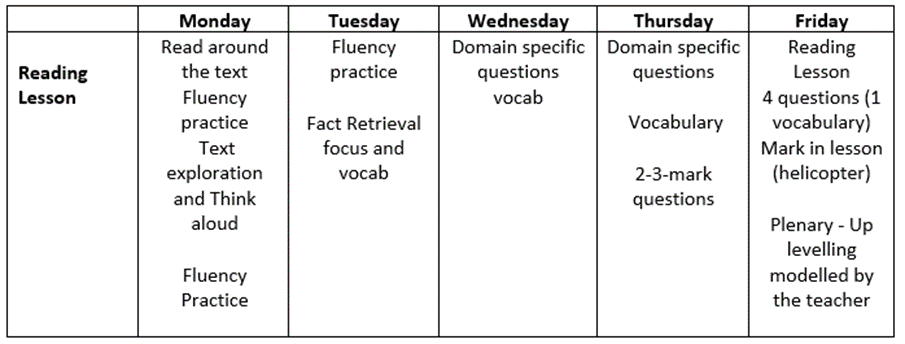
The reading lessons are concerned with continuing to develop strategies such as using background knowledge, asking questions and visualising for reading unknown words. There is a weekly focus on specific content domains that develop the comprehension and understanding of children including inference, prediction, explanation, retrieval and summarising of the texts. Vocabulary and fluency development feature heavily and we have embedded numerous practices around the daily development of these with our ‘active reading strategies’.
All staff have had explicit training and an ongoing sequence of CPD to ensure that reading across the school can be prioritised through knowledgeable and skilled staff.


